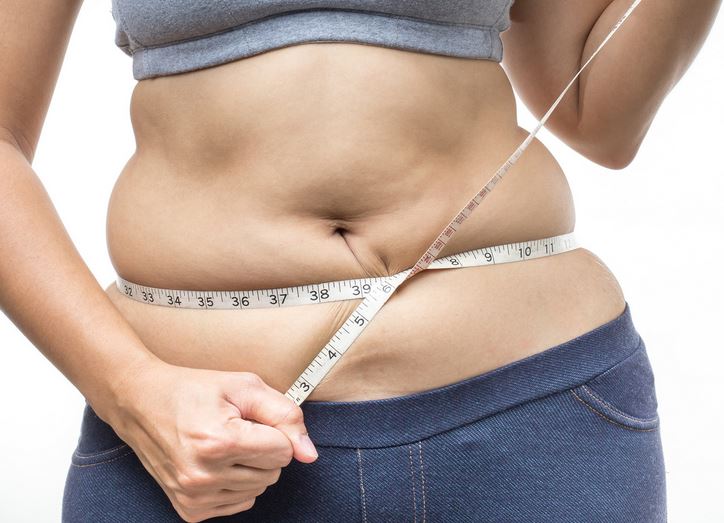Why Do I Gain Weight in Menopause?
We may sometimes forget that oestrogens play many important roles in our bodies other than the significant role it plays in reproduction. We also have oestrogen receptors in a variety of nonreproductive tissues too. Most notably we find them in the liver, in our muscles, our central nervous system, and yes, you guessed it, in our fat tissues.
So, with our transition into menopause, there are important alterations in many of our circulating hormones, with a substantial decrease in our production of oestrogen. This reduction of oestrogen impacts the sensitivity our cells once had.
Oestrogen and Insulin – The Love Affair
The hormone insulin is in charge of regulating the amount of glucose in our blood. Through various mechanisms, insulin ushers glucose, from the food we eat, into our cells to provide us with energy. Any excess glucose is stored for future use, in our fat cells, thereby making insulin one of our chief ‘fat storing’ hormones as well.
Oestrogens improve our insulin response or our cells’ sensitivity to insulin through various mechanisms, so now, with reduced oestrogen circulation through our menopause transition, our bodies become more resistant to the effects of insulin, causing us to become (even temporarily) insulin resistant.
What is Insulin Resistance?
Insulin resistance occurs when the cells in our body and no longer ‘sensitive’ to ‘order’ insulin is giving them, to use glucose as fuel and instead this ‘fuel’ ends up being stored as body fat.
Insulin resistance or IR, is associated with a number of metabolic changes and abnormalities including fluctuating or high blood sugar, high cholesterol, especially the ‘bad’ cholesterol – LDL, and weight gain, especially around the middle (meno-belly)
This cluster of health concerns is also called metabolic syndrome, which may predispose to cardiovascular disease, diabetes mellitus and some cancers.
How do I Know if I Have Insulin Resistance?
There are blood tests that you can run to examine your fasting blood glucose and insulin levels. Other tests that can be run are pathology to check your cholesterol and liver function. These tests can be run by your G.P. or here at Handcrafted Health, you are welcome to book in for a consultation to check today.
But one of the easiest ways to assess may be to check your waist measurement. Your health may be at risk if your waist size is over 80cm (31.5 inches) in women or over 94 cm (37 inches) in men.
And Don’t Forget About Testosterone
As women, we also produce testosterone (but in much smaller quantities to men). The ratio of our testosterone and oestrogen after menopause changes, leading to a relative increase of testosterone. These elevated amounts of testosterone in women can also drive insulin resistance and weight gain. You guessed it again., around the middle!
Is There Any Way Out of IR?
Yes, there is. It may come as no surprise that a healthy diet and exercise can be part of the solution. Eating a Mediterranean-style diet has been shown to reduce insulin resistance
Other potential causes of insulin resistance, and therefore things to avoid are foods and drinks that are high in
- Fructose, such as – Sweeteners like honey, agave nectar and anything containing high-fructose corn syrup (especially soft-drinks).
- Physical activity increases insulin sensitivity, while inactivity causes insulin resistance. So, even if you start slowly, move every day. Try for 20 minutes to ½ hour most days and more if you can.
- Gut microbiota. Evidence suggests that a disruption in the bacteria in our gut can cause inflammation that exacerbates insulin resistance and other metabolic problems. For more on regulating your gut microbiome and support with any digestive issues, book a consultation online today.
The summary for losing your meno-belly, is to eat a diet that is low in refined sugars, and high in complex carbohydrates, has adequate protein in each meal and includes good quality fats like olive oil daily.
Increasing your activity, it will help with an increase in muscle, which can help decrease insulin resistance.
You can gain more support and guidance from Sue at Handcrafted Health. Book an appointment today and get your health back on track! https://handcraftedhealth.com.au/online-booking/

